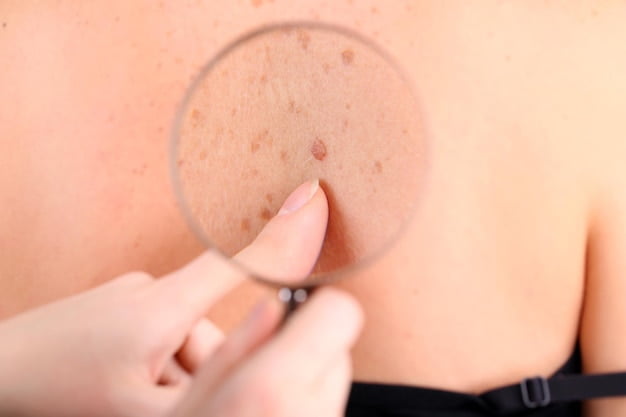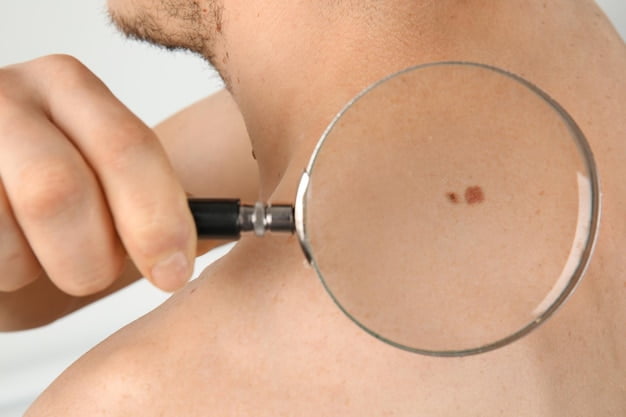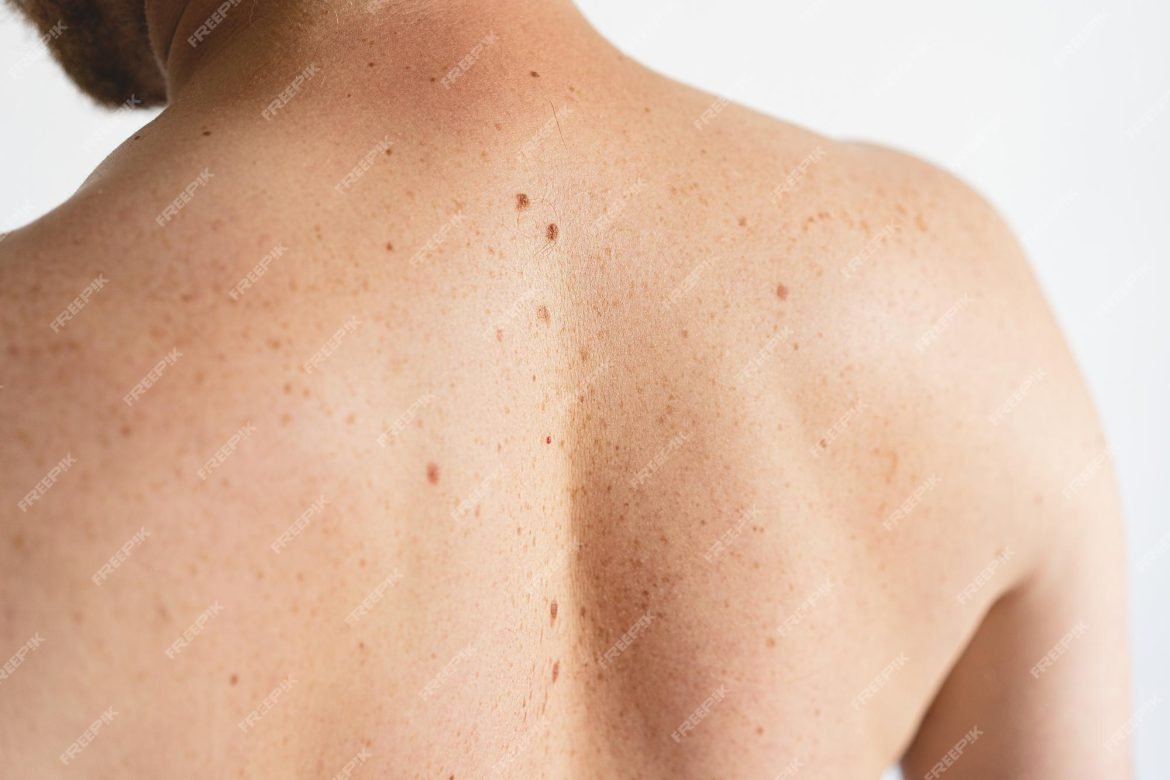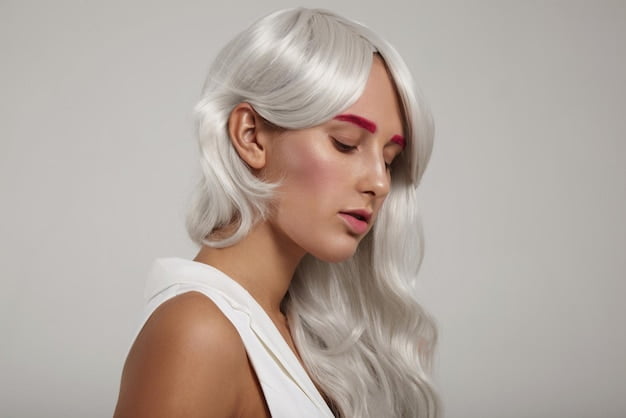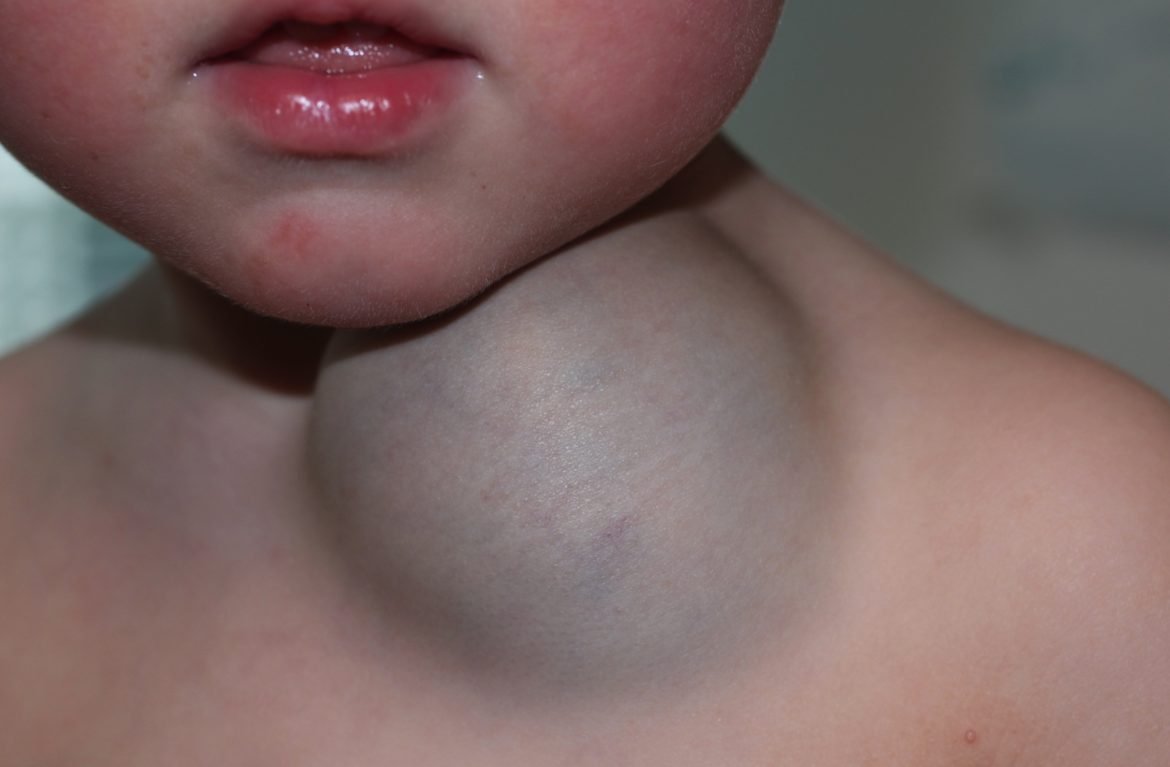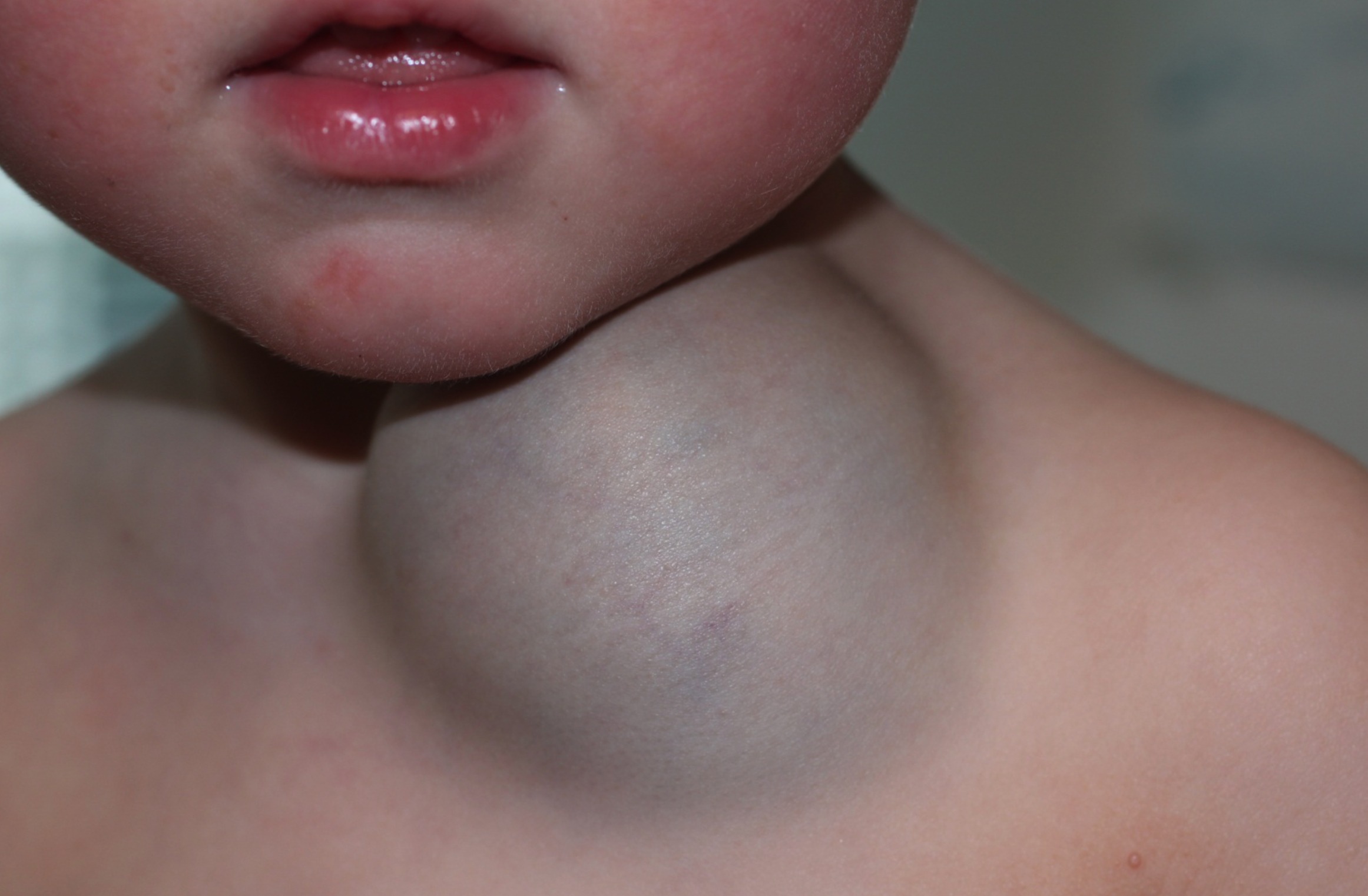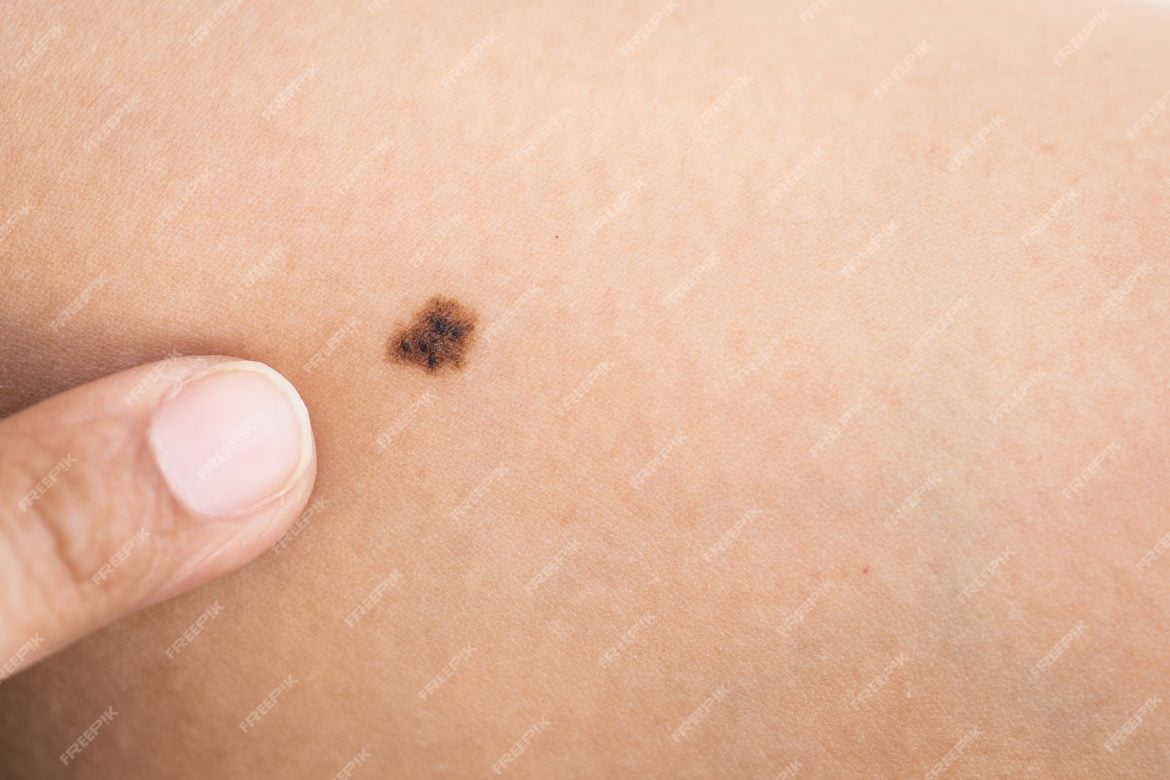
Over the past few years, many marketers and chief marketing officers have been struggling with how best to engage their customers. Why? The truth is, the modern consumer has a broader set of expectations and needs, starting with requiring timely, personalized buyer experiences that span multiple channels. Instead of heading to a store, speaking with a sales associate and making a purchase, today’s consumers have new, exciting channels to explore on their journey.
Today, a shopper might visit a store to browse an item, research prices and reviews on their iPhone, solicit feedback from friends on Facebook, all before purchasing on their tablet. As more intricate customer journeys become the norm, CMOs can no longer afford to dedicate a majority of their budget to customer acquisition. CMOs are now faced with the challenge of reaching customers across numerous channels in order to maintain relationships that lead to both loyalty and brand advocacy.
New research from The CMO Club![]() and IBM shows that CMOs and marketing executives are recognizing this shift, increasing their budgets and allocating a greater spend across the entire customer journey rather than individual channels. So what does this mean for today’s digital marketer?
and IBM shows that CMOs and marketing executives are recognizing this shift, increasing their budgets and allocating a greater spend across the entire customer journey rather than individual channels. So what does this mean for today’s digital marketer?
There are several key insights from the August 2015 study![]() that digital marketers should leverage ahead of the holiday season to remain aligned with consumer expectations:
that digital marketers should leverage ahead of the holiday season to remain aligned with consumer expectations:
1. More is more: marketers have larger budgets and more ways to connect with shoppers. Here’s the good news: According to the study, 57 percent of CMOs expect their marketing budgets to increase over the next two years to three years. However, as consumers increasingly rely on multiple channels for information (notably, mobile for product research and price matching), it’s critical for marketers to ensure a significant portion of these increased budgets are allocated to marketing where the consumer spends most of their time — online and mobile. As brands prepare for the holiday season, e-commerce and mobile strategies should focus on user experience — e.g., higher quality, more prominently placed images and information to help close a sale.
2. Final purchases aren’t the end of the buyer journey. Marketing budgets are now being invested evenly across the entire customer journey. While the study found that the highest investment is at the “Buy” stage (21 percent), every customer touchpoint — even the general product research stage — represents an opportunity for marketers to build brand advocacy. For example, a customer in the “just browsing” phase can be targeted with customized, mobile-specific promotions or in-store mobile-only specials. Marketers and retailers that fail to keep up with modern consumers’ unique needs will see more and more customers head for the door.
[ Source :- Emarketingandcommerce ]






